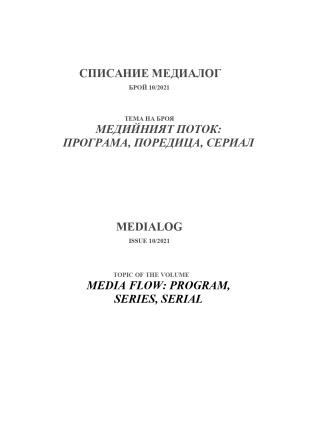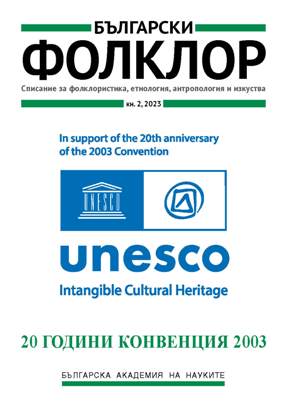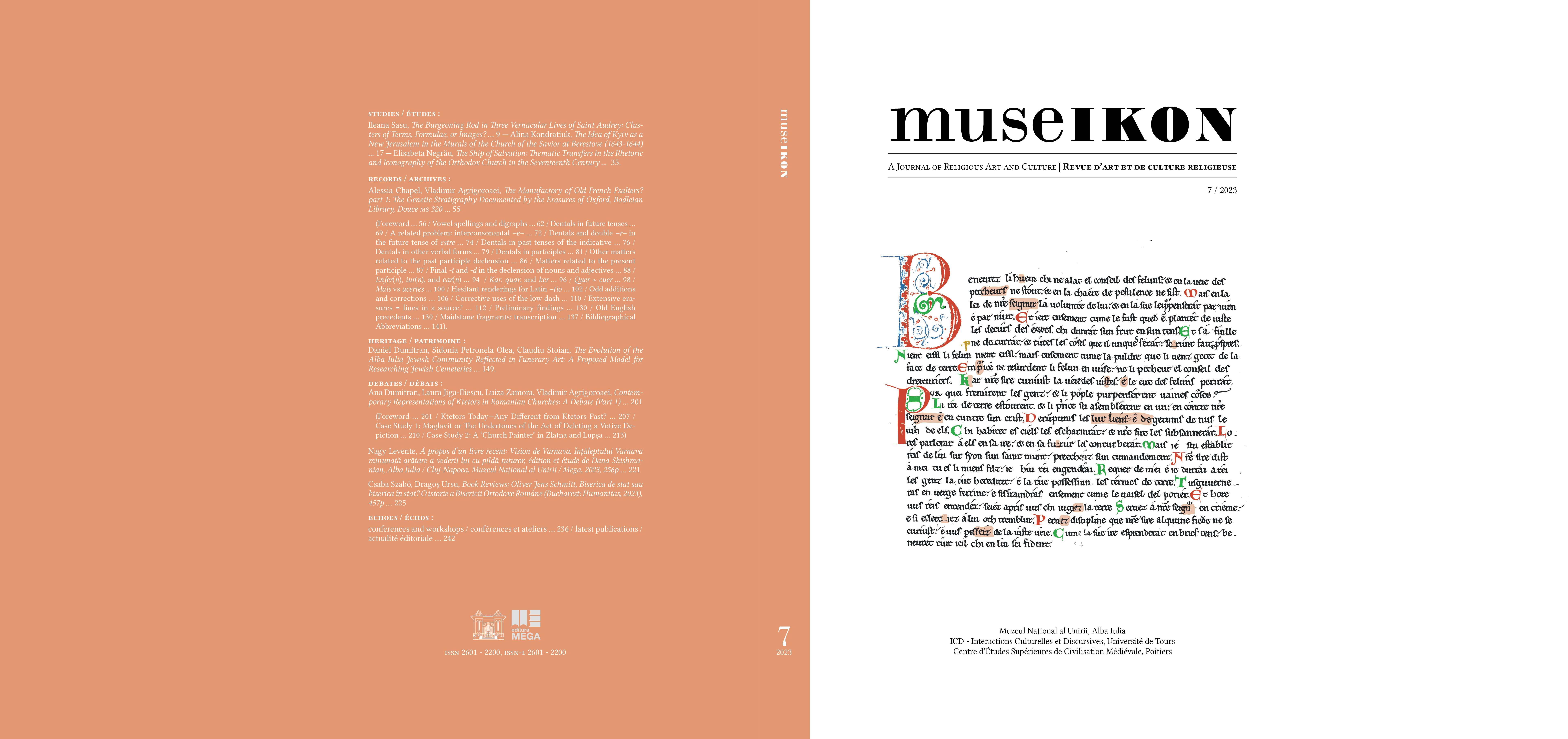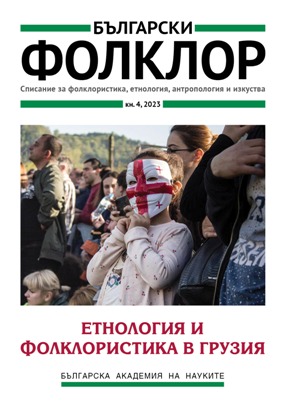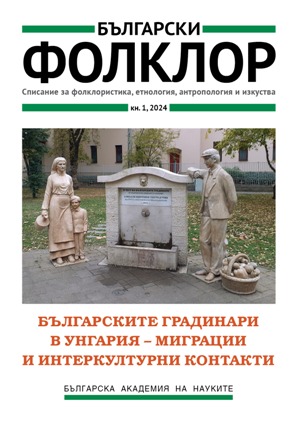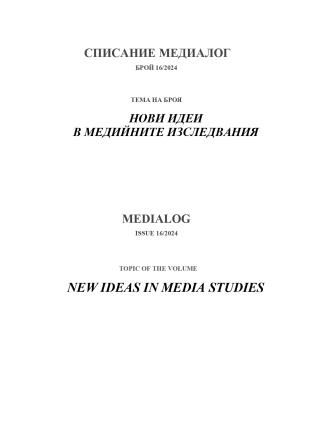Author(s): Peter Martyn / Language(s): Polish
Publication Year: 0
Descendants of immigrants from within the British Isles (including Ireland) and innumerable parts of the planet, Liverpudlians (known more typically as Scousers) faced rapidly encroaching economic decline that resulted from the essential dead-end the post-World-War-Two British welfare state had been reduced to by the mid- to late-1970s. Supposedly aimed at bringing about rapid social as well as economic transition, the aggressive politics of monetarism and deindustrialisation, introduced during the 1980s under the so-called New Right, provoked regional polarisation and thus deteriorating standards of living throughout large parts of the country; with the one, overriding exception of the state capital and its “Home Counties”. In Liverpool, the recession verged on terminal crisis. A furious media campaign was directed against local trade unionists and the policies of MilitantTendency (which briefly enjoyed wide support after taking control of the city council),while seeking to demonise the fan base of the city’s two celebrated football teams; aboveall in the wake of the Hillborough disaster on 15th April, 1989. Liverpool was thus madethe urban pariah of Thatcherite Britain. The piecemeal metamorphosis under way sincethe early-2000s in central and selected inner-city neighbourhoods may be regarded withcautions optimism; not least, because a significant proportion of Scouser-Liverpudliansdraw considerable satisfaction from the altering appearance of and feel to their city, whosepublic image—both nationally and internationally—appears as high now as it was in the1960s. Be that as it may, in terms of its spatial reach and, furthermore, social impact, thislimited transformation requires genuine analysis based on the contradistinction between,on the one hand, the consoling (for some) selection of town-planning solutions, often wellconceived new construction, urban-architectural furnishings, etc. and, on the other, thetragicomic combination (so very typical of the times we live in) of “luxury apartments”, newbusiness district, “state-of-the-art” shopping centres like Liverpool One and suchlike. Theblatant and often disturbing hyperbole applied to the so-called urban rebirth supposedlyoccurring in the city and its greater urban area of Merseyside includes such terms of overstatement and puffery as: “urban regeneration company”, “economic boosterism”, “world-class research portfolio”, “pump priming”, “jobless growth”, “the most business friendly, socially inclusive European Renaissance City”, “Urban Splash” (“creative” developers), “statement making company”, “bringing forward the city’s global/internationalisation agenda”, “niche urban living life style”, “Livercool”, “the place where tradition meets cutting edge”, “decanted, recanted, de-recanted, re-recanted” (community—sic!), and so on… These and other semantic examples of how the Scousers might in actual fact be witnessing the selling of their own city down the river need to be confronted with the very real spectre of continued urban dilapidation combined with social distress throughout large parts of the inner city, as well as numerous outer-urban housing estates that further await demolition, renovation-cum-“regeneration” or, simply, a prolonged state of ruination.
More...


